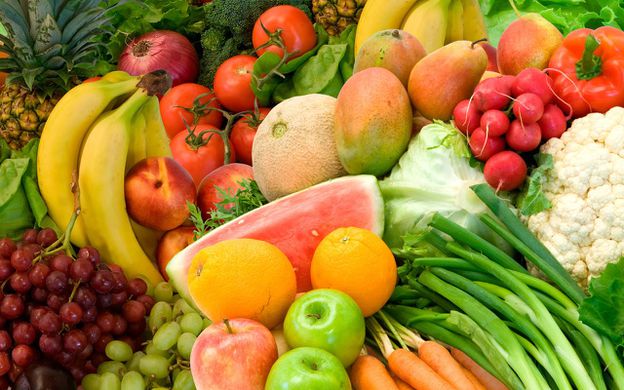WHO report recommends targeted subsidies for fruits and vegetables and a sugar tax
Following the WHO Europe Region publishing the report “Using Price Policies to Promote Healthier Diets”, debate is ongoing as to whether the EU should intervene through taxation to encourage healthy diets. In their 2017 policy agri-food document, the EUPHA (European Public Health Association) argued for significant changes in European food systems, which take account of and include both healthy nutrition and sustainability, by linking both population health and climate stabilisation agendas, through smart interventions that can improve both food security and human health, and planetary health as well.
Interventions in Member States have already proven how policy can shape eating habits. The sugar tax in the UK shows that a tax can stimulate food business to make products healthier. Even prior to the tax’s introduction, firms had been lowering sugar levels in anticipation of the change. However, individual Member States have found it difficult to create a specific tax system as seen with the short-lived Danish fat tax. Other measures that have been taken in recent years with mixed results are a Finnish tax on sweets, ice cream and soft drinks, a Hungarian public health product tax, a French tax on sugar and artificially-sweetened beverages, and an EU Fruit Scheme.
The WHO report noted that the price increase or decrease would need to be set to influence consumers and take into consideration the potential for unintended consequences, such as potential substitution that could undermine the overall impact. There could be taxes on sugar-sweetened beverages and targeted subsidies on fruit and vegetables to induce positive changes in consumption.



